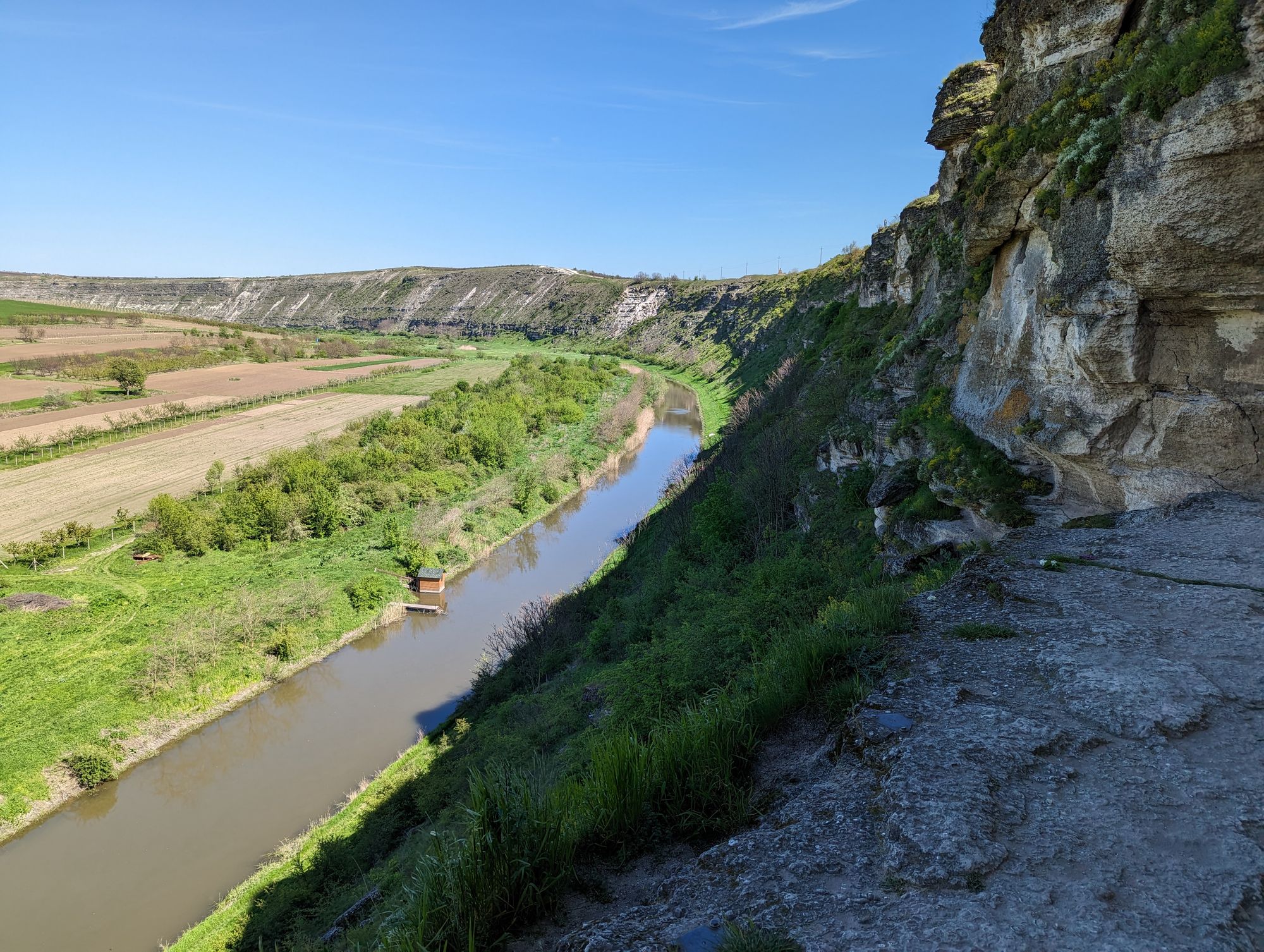Lost in Translation

The questions came fast. For a group of young students just learning English, they didn't hesitate to try out what they already knew on a couple of native speakers with little knowledge of their Russian language. What is your name? Where do you live? Do you like Mr. Beast? Huh? Maybe the generational gap is larger than the language gap.
Eliza, the founder and English teacher of the Children's Center noticed a great opportunity when we visited. "They want to practice their English by asking you questions," she said as she left us in the room to tend to a few of the thousand items on her to-do list. So our time as substitute teachers of the English class filled with a dozen or so mostly girls began. We answered their questions, asked a few, and looked at them confused when they asked if we knew of so-and-so. We finally figured out they were referring to an internet you-tuber we are too old to have a clue about.
A couple of students shared they were able to go to a Christian English camp in Germany the previous summer. The camp sent only a couple of invitations for fully-sponsored students to attend. To go was a great honor and each year Eliza carefully selected the students who earned the opportunity.
Surprisingly to us, our student's English was quite good. Some were better than others and fired off their questions with confidence, while some were a little more bashful. Even more surprisingly, English wasn't their second language or even the third in many cases. Although we shouldn't have been surprised. Since arriving in Moldova, we were learning about the complex cultures and languages of the small country.
The official language of Moldova was Moldovan until 2013. The Moldovan language is identical to the Romanian language, but during the Soviet era, Moldovan was written in the Cyrillic alphabet rather than the Latin alphabet. After the collapse of the Soviet Union, Moldova changed its official national language to Romanian. But of course, it's not quite that simple.
The southern area of Moldova where the Pearl Children's Center is located is called Gagauzia (Ga-gauzia), which is considered an autonomous territorial unit. Gagauzia is technically part of Moldova, but their allegiance and language(s) are very different from the northern area. The official language of Gagauzia is Gagauz - a Turkic language. While the Gagauzia language is still spoken by some, Russian is the more common language. Unless you are in a "Moldovan" village in Gagauzia or a "Moldovan School" in an otherwise Gagauzian village, in which case you will likely hear Romanian, which was once called Moldovan but is really the same. Confused yet?
Our only credential that morning, when we found ourselves in charge of the English class, was that our native tongue was the language the children were learning. Amongst all the other challenges the kids faced, the mix of languages seemed daunting to us. But as they energetically asked their questions and looked up to the ceiling as they worked through the translation from their thoughts in their native language to the language we understood, we recognized this group is doing really well at the Center.
Despite our temporary elevation to Teachers of the English class, we learned much more than we taught. When given the opportunity and encouragement, the kids were excited about learning and are on their way to becoming the next generation of leaders and teachers. And they taught us a lesson we managed to get this far in our lives without knowing. Where else would we learn about Mr. Beast?